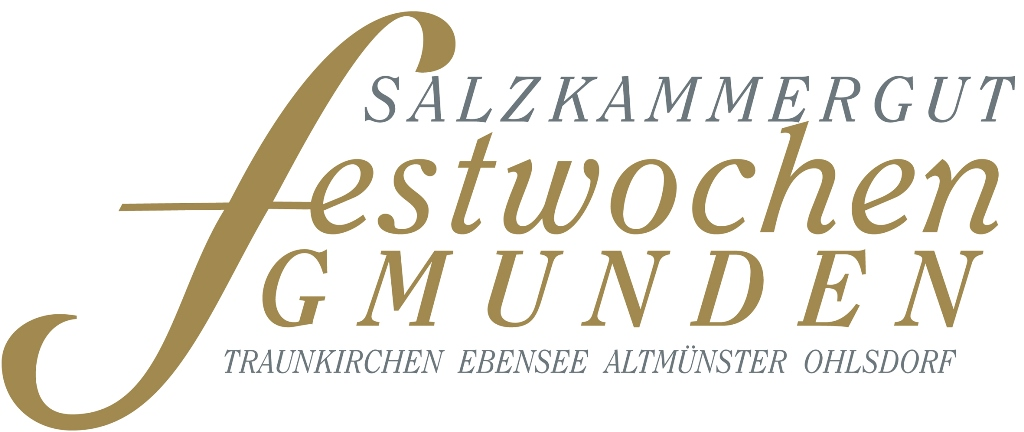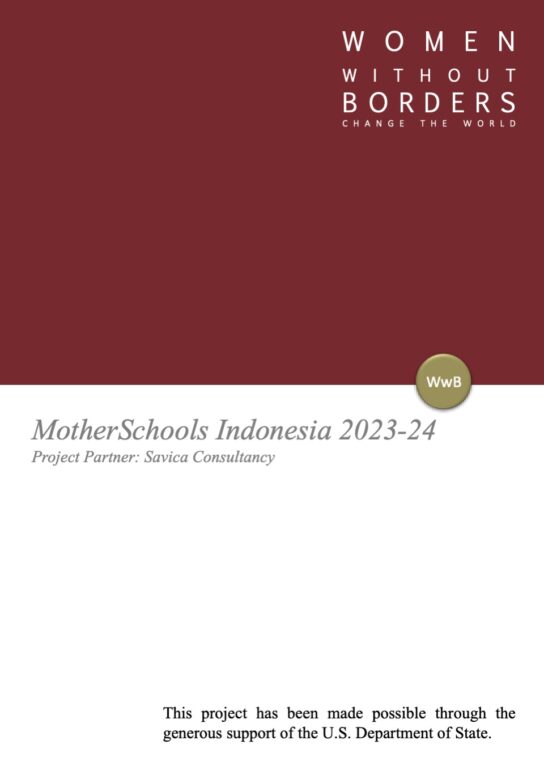As globalisation increases the flow of people and goods and breaks down physical barriers, cultural and social walls remain. In an effort to promote a more inclusive Europe, Women without Borders (WwB) hosted a panel discussion in Vienna on 2 Apr. 2008 with three of Britain’s leading experts on security. Ed Husain, former strategist and recruiter for fundamentalist organisations in Britain, author of the book ‘The Islamist’, and deputy director of the Quilliam Foundation, met with Maajid Nawaz, a British Pakistani scholar who was an effective Islamist recruiter since the age of 16 and current director of the Quilliam Foundation, and the violent extremism expert Samuel Schubert from Webster University. Together, the three discussed how extremist ideologies make their way into society and what civil society can do to prevent them from taking root.
Speakers:
Ed Husain, born and raised in London, was involved in an array of Islamist groups in Britain, including Jamat-e-Islami, the Muslim Brotherhood, and Hizb ut-Tahrir. Husain was a highly effective strategist and campus recruiter who laid the ideological seeds for much of contemporary Islamism’s manifestations in Britain. His eventual rejection of this ideology, documented in his book The Islamist, led him to a path of discovering pluralistic, normative Islam. Husain’s book has shifted the nature of the debate around Islamism to the extent that his contribution to this field has been acknowledged by British Prime Minister Gordon Brown, and he has become a regular commentator on media discussions and civil society events about Muslims, multi-culturalism, Islamism, identity, liberty, and violent extremism. Husain lives in London and is deputy director of the recently founded Quilliam Foundation.
Maajid Nawaz, a British Pakistani scholar, was recruited to Hizb ut-Tahrir (The Liberation Party) at the early age of 16 and became an international speaker and recruiter for the Party. He was arrested in Egypt in 2002 where he was detained, forced to witness torture, and then convicted to five years imprisonment for his membership in Hizb ut-Tahrir. As a result of time spent in the Middle East and sustained discussions with a wide range of individuals, Nawaz has gained rare insight into the complexities of Middle Eastern politics, religion, and the contemporary Muslim political mindset. After Amnesty International’s adoption of Nawaz as a prisoner of conscience and a global campaign for his release, he returned to the UK in March 2006 to join Hizb ut-Tahrir’s national leadership committee. However, in May 2007 Nawaz unilaterally resigned his membership from the Party and in September 2007 he recanted Islamism on BBC’s flagship current affairs programme, Newsnight. He is director and co-founder of the Quilliam Foundation, a counter-extremism think tank formed by mainstream Muslim scholars who strive for the revival of progressive Western Islam and the re-establishment of peace and harmony in West-Middle East relations.
Samuel Schubert, Assistant Professor of International Relations at Webster University, is a political analyst and researcher of international security concerns who has been examining key issues of political violence, violent extremism, energy security, and the Middle East for the last twenty years. His pioneering work on asymmetric conflicts and their implications for international security have earned him fellowships in the United States and Europe and, most recently, won him an invitation to deliver the opening lecture to the prestigious George C. Marshal European Center for Security Studies Program on Terrorism and Security Studies.





